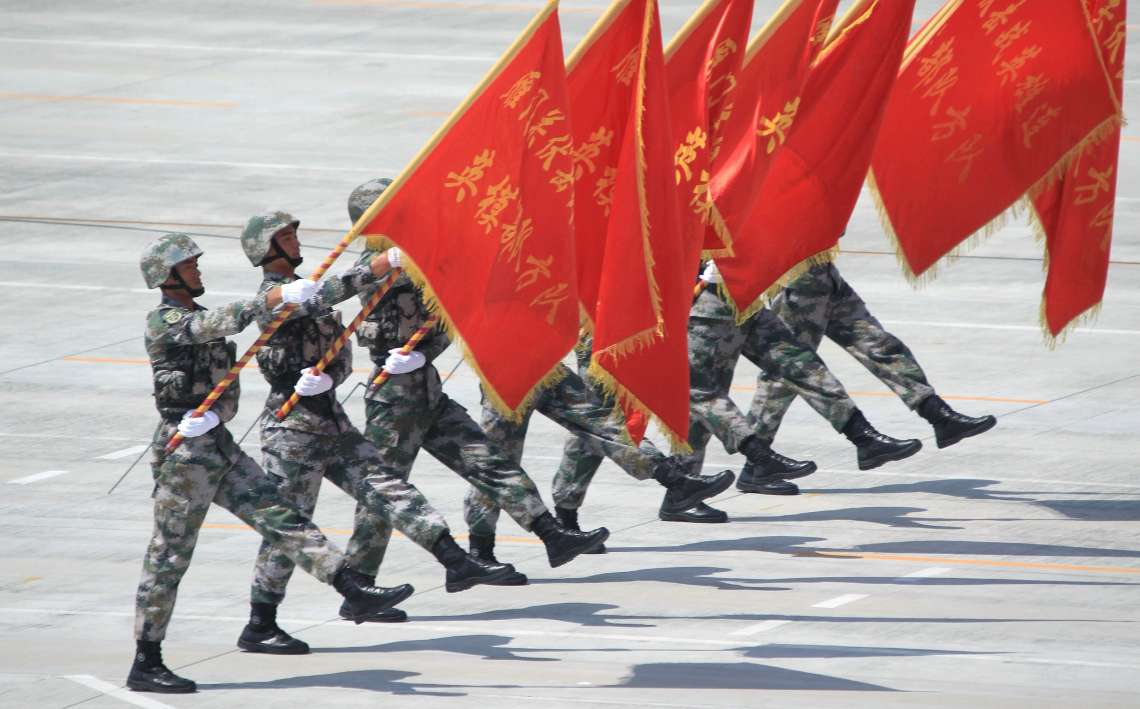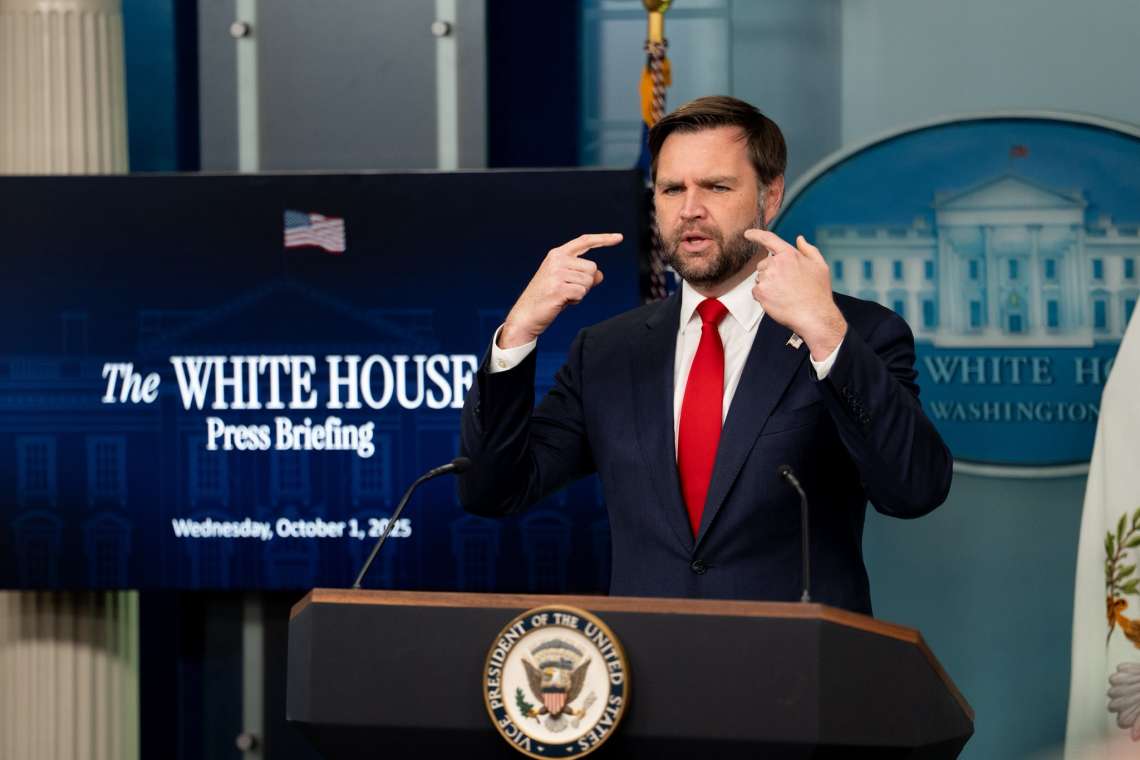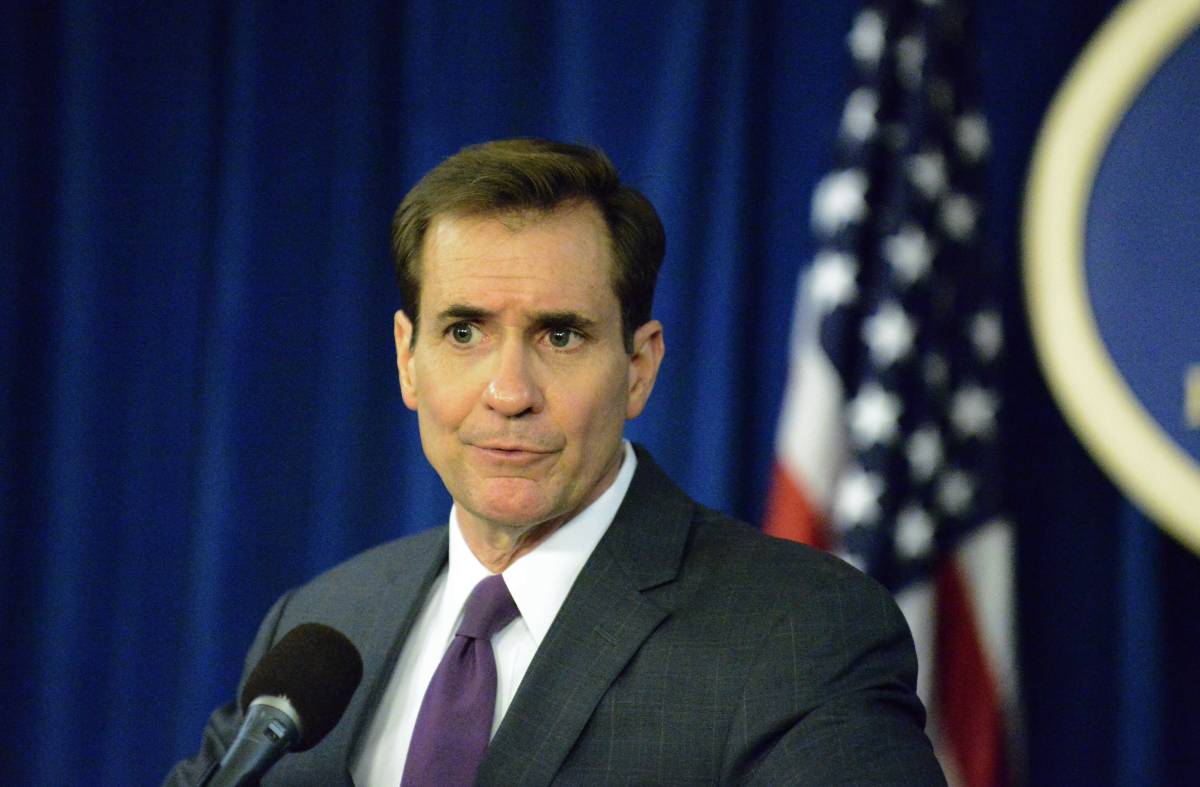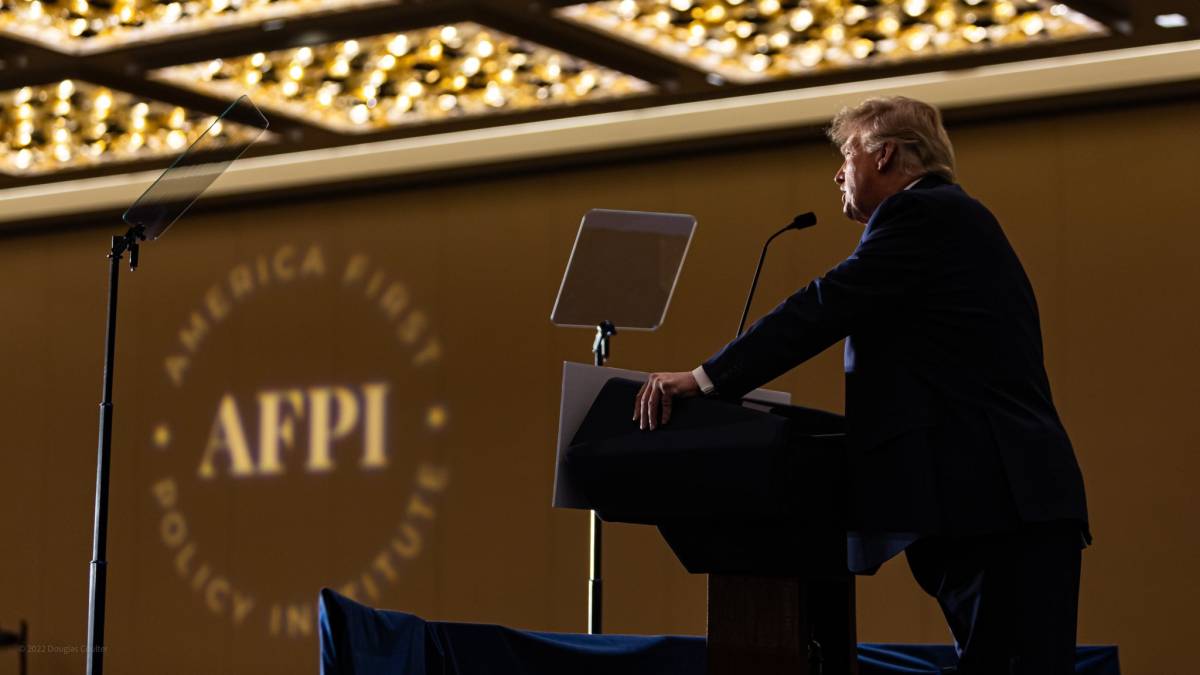This comes after the United States (US) House of Representatives on July 14, approved an amendment with an overwhelming majority to the National Defence Authorization Act (NDAA)…reports Asian Lite News
Adding India as the sixth country to the North Atlantic Treaty Organization (NATO) plus would move New Delhi towards a Defence Security alignment with the United States,” said American Congressman Ro Khanna.
Khanna told ANI that NATO Allies get quick approval on defence agreements and further said that the US have the same agreement with Australia, Japan New Zealand, Israel and South Korea.
“I have worked on trying to add India as the sixth country to that and that would facilitate and make it easier to have this growing Defence Partnership and make sure that we’re moving India towards more of a Defence Security alignment with the United States and Russia. I introduced that two years ago. I’m going to continue to work on it. Hopefully, we can get that amendment passed in subsequent congresses,” he added.
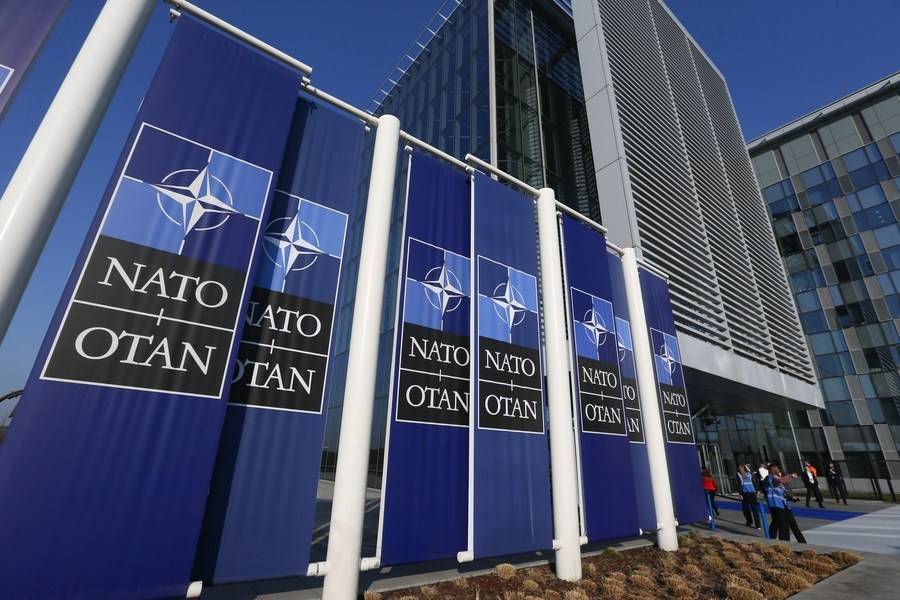
This comes after the United States (US) House of Representatives on July 14, approved an amendment with an overwhelming majority to the National Defence Authorization Act (NDAA) that proposes the deepening of India-US defence ties. This amendment was offered by Khanna, a progressive Democrat from California.
Speaking about the waiver in the national security interests of the United States, Khanna divulged that it was the most significant vote to strengthen the US-India relationship since the civilian nuclear deal that was passed with overwhelmingly 300 bipartisan votes.
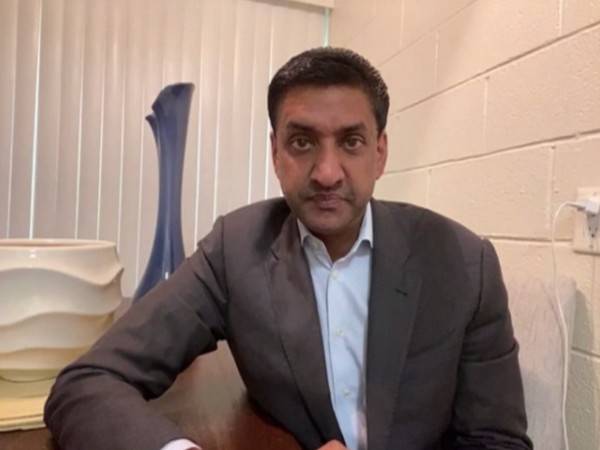
“The reason it’s in the interests of the United States is we need a strong partnership with India. Defence partnership, a strategic partnership, especially because we are two democratic nations and with the rise of China and with the rise of Putin this alliance is critical for the United States,” said the Indian American Congressman.
The India-US nuclear cooperation agreement was signed in 2008 under UPA government led by Manmohan Singh, which gave a fillip to the ties between the two nations, which since then have been on an upswing. A major aspect of the India-US nuclear deal was the Nuclear Suppliers Group (NSG) gave a special waiver to India that enabled it to sign cooperation agreements with a dozen countries.
It enabled India to separate its civilian and military programmes and placed its civilian nuclear facilities under the International Atomic Energy Agency (IAEA) safeguards.
The NDAA amendment is politically significant and the overwhelming 300-plus bipartisan votes send a strong message to US President Joe Biden which will give him the political support for waiving the sanctions.
Khanna has been in coordination and conversation with top officials at the White House.
During an interview, Khanna said that waiver to India of Countering America’s Adversaries through Sanctions Act (CAATSA), which penalises countries that engage in significant defence transactions with Russia, is in the best national interest of the US and the US-India defence partnership.
Khanna also said, “The amendment would never have passed if the White House was not open to its passing,” adding that this gave US President Joe Biden, the political support for him, to waive the sanctions. It makes it all but certain that he will waive the sanctions.
However, the amendment is not yet a part of the law. The NDAA amendment needs to clear the Senate and be signed by President Joe Biden, only then India will avoid US sanctions for its weapons systems relationship with Russia. (ANI)



